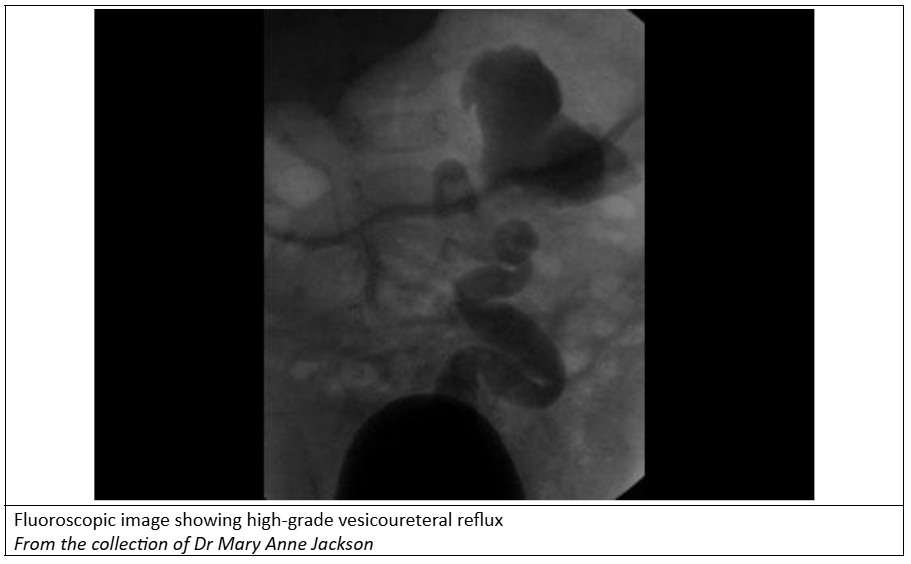Summary
Cryptorchidism, or undescended testicles, occurs when one or both testicles do not move into the scrotum before birth. This condition is diagnosed through a physical exam. About 70% of cases involve testicles that can be felt in the upper scrotum or groin, while the remaining cases involve testicles that are not palpable, possibly due to being located inside the abdomen, underdeveloped, or absent.
Undescended testicles should naturally descend within the first few months of life. If they have not descended by 6 months of age, it is unlikely they will do so on their own, and medical evaluation is necessary.
Diagnosis and When to Seek Help
Parents should consult a doctor if:
- One or both testicles are not present in the scrotum
- A previously descended testicle appears to have moved back up (testicular ascent)
A referral to a specialist should be made by 6 months of age, and if needed, surgery should be performed before the child turns one. Boys with both testicles undescended at birth should be evaluated immediately, as this may indicate a genetic or hormonal condition.
Diagnosis and When to Seek Help
The primary treatment for cryptorchidism is surgery (orchidopexy), typically performed between 6 and 12 months of age. This procedure moves the testicle into the scrotum, reducing the risks of future complications.
Early treatment is important because delayed correction can lead to:
- Reduced fertility
- A higher risk of testicular cancer
- Increased risk of testicular torsion or hernia
Management
The primary treatment for cryptorchidism is surgery (orchidopexy), typically performed between 6 and 12 months of age. This procedure moves the testicle into the scrotum, reducing the risks of future complications.
Early treatment is important because delayed correction can lead to:
- Reduced fertility
- A higher risk of testicular cancer
- Increased risk of testicular torsion or hernia
Follow-Up and Monitoring
After surgery, regular follow-ups ensure the testicle remains in place and develops properly. Boys with a history of undescended testicles should also be monitored long-term for potential fertility concerns or rare complications.
If you suspect your child has undescended testicles, early evaluation by a doctor is key to ensuring proper development and reducing future health risks.

History and Exam
Key diagnostic factor
- Presence of risk factors
- Malpositioned or absent testis
- Palpable cryptorchid testis
- Non-palpable testis
Other diagnostic factors
- Testicular asymmetry
- Scrotal hypoplasia or asymmetry
- Retractile testis
- Ascending cryptorchidism
Risk factors
- Family history of cryptorchidism
- Prematurity
- Low birth weight (<2.5kg) and/or small for gestational age
- Environmental exposures
Diagnostic Investigations
1st investigations to order
- Clinical diagnosis
Investigations to consider
- Ultrasound
- Magnetic resonance imaging (MRI)
- Hormonal evaluation with human chorionic gonadotrophin (hCG) stimulation test
- Hormonal evaluation with Mullerian inhibiting substance (MIS), inhibin B, and follicle-stimulating hormone (FSH)

Book an Appointment
Other Related Conditions
congenital hernias
removal of lumps and lesions

pilonidal sinuses
in-grown toenails
acute scrotal pain


